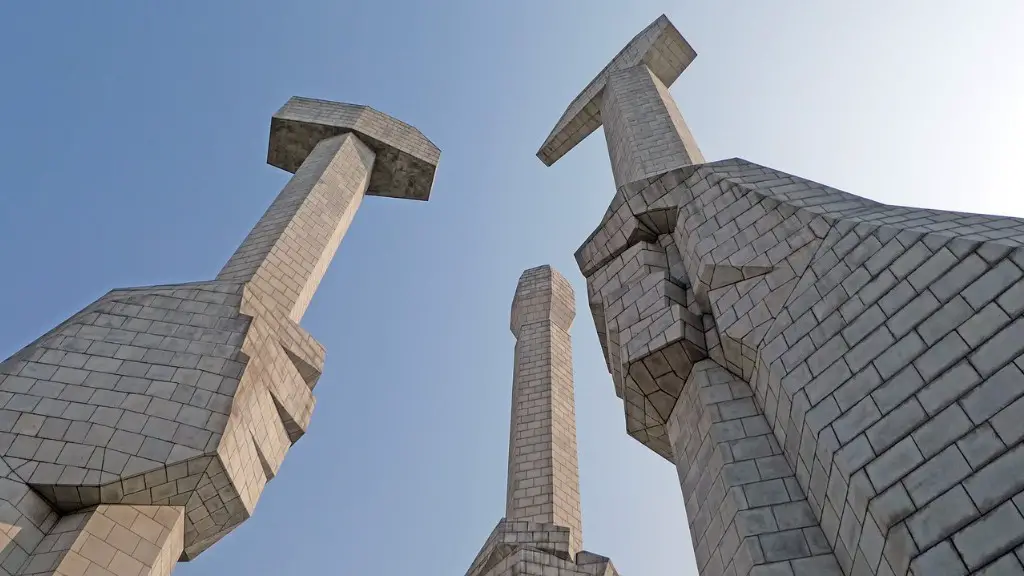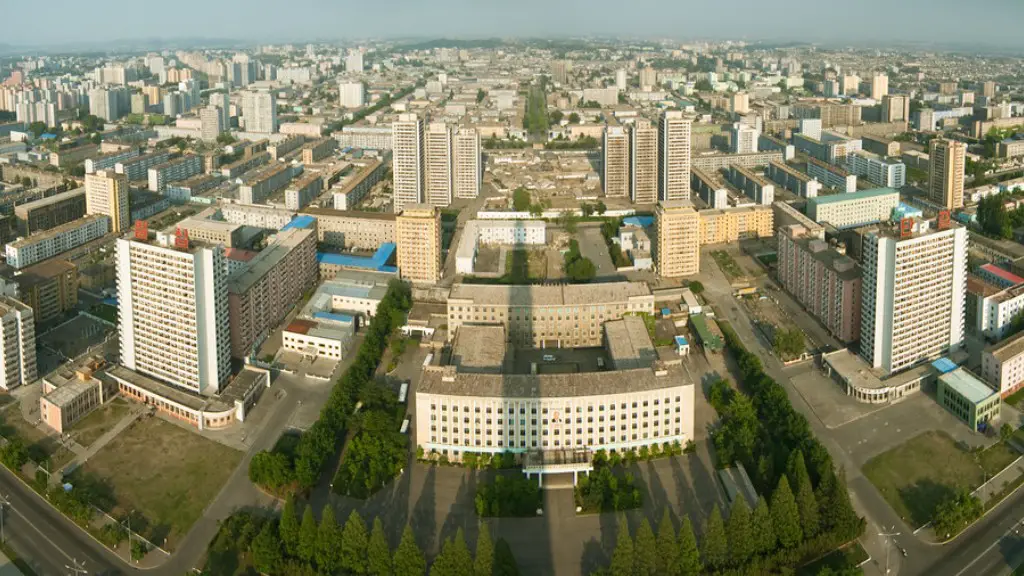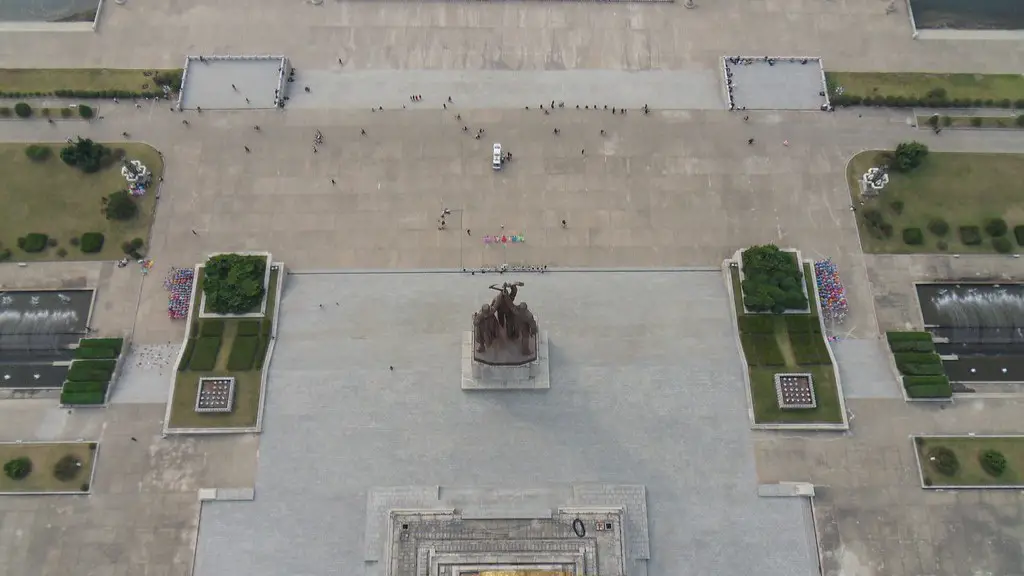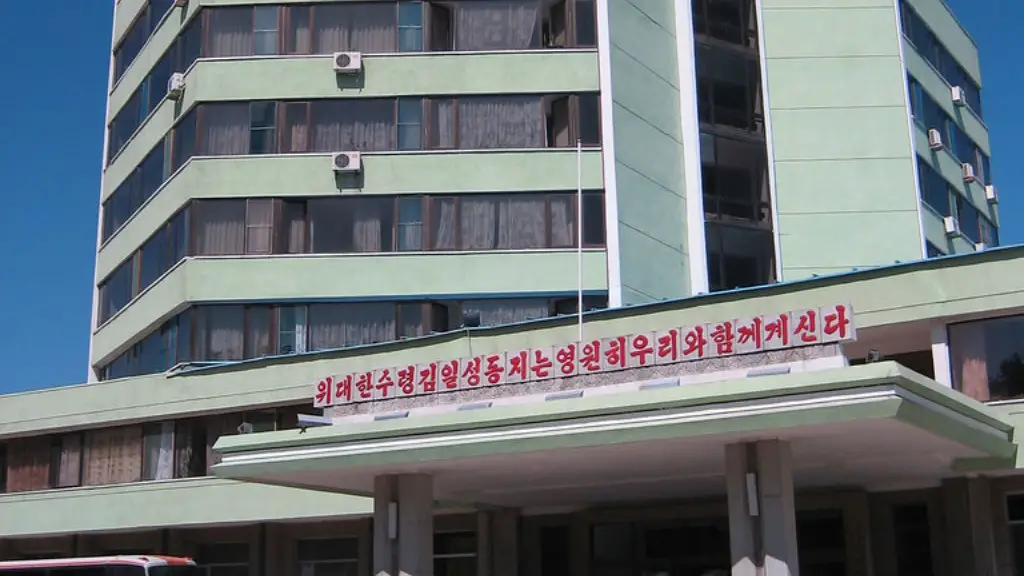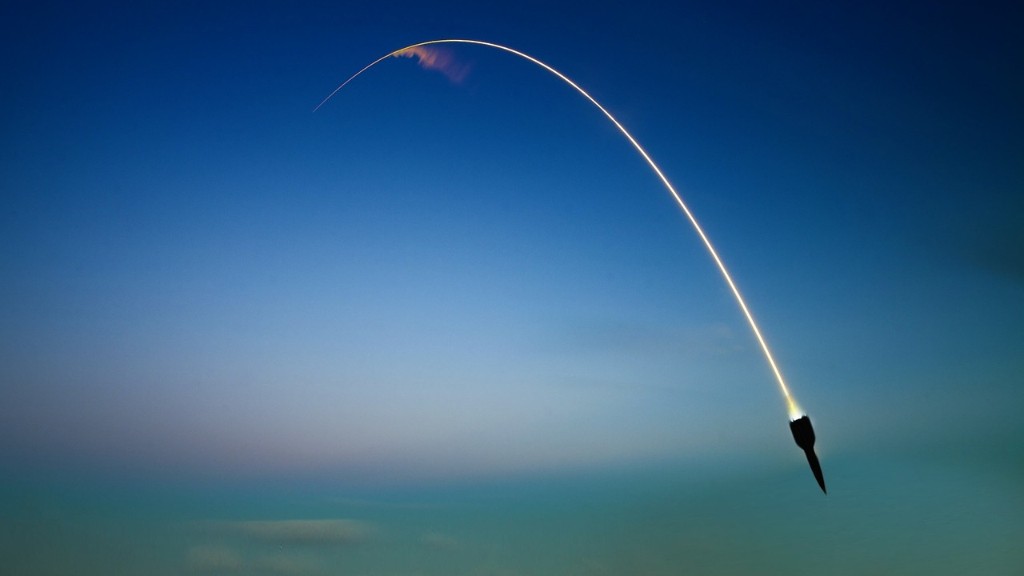When the Korean War broke out in 1950, North Korea had two main goals: first, to unify the Korean Peninsula under communist rule, and second, to spread communism throughout Asia. Unfortunately, neither of these goals were achieved.
The answer to this question is not entirely clear, as North Korea’s motives during the Korean War remain somewhat of a mystery. It is possible that the country was striving for reunification with the South, or it may have been seeking to establish a Communist government in the entire Korean peninsula. Additionally, North Korea may have simply wanted to take advantage of the chaos of the war to gain territory or resources.
What did North Korea want to unify in the Korean War?
The potential for Korean reunification has been a topic of speculation and debate for decades. While the two Koreas have remained divided since the end of the Korean War in 1953, there have been a number of efforts to promote dialogue and cooperation between the two governments. In 2000, a historic summit took place between then-North Korean leader Kim Jong-il and South Korean president Kim Dae-jung, resulting in a number of agreements and joint projects aimed at promoting reconciliation between the two Koreas.
However, relations between the two Koreas have deteriorated in recent years, and the prospect of unification seems as distant as ever. The current North Korean regime under Kim Jong-un is widely seen as one of the most repressive and closed-off societies in the world, and the country faces significant economic and political challenges. In the meantime, South Korea has developed into a thriving democracy and economy, and has little interest in reunification with its northern neighbor.
Nevertheless, the Korean peninsula remains a potential flashpoint for regional conflict, and the issue of unification is likely to remain a topic of debate for years to come.
The Korean War began on June 25, 1950, when North Korea invaded South Korea. The United Nations, with the United States as the principal force, came to South Korea’s aid. China, seeing the UN forces getting close to its border, entered the war on the side of North Korea. After three years of fighting, the war ended on July 27, 1953, with an armistice that roughly restored the original boundaries between North and South Korea. Although the war did not officially end, a cease-fire has remained in effect since the armistice was signed.
Who supported North Korea in the Korean War and why
The Korean War was a conflict between North and South Korea, in which the West—the United Kingdom and the US, supported by the United Nations—supported South Korea, while communist China and the Soviet Union supported North Korea. The war ended three years later, with millions of casualties. The war ended with virtually no change in the border.
The Soviet Union’s support for North Korea during the Korean War was a major factor in the conflict. North Korea was founded as part of the Communist bloc, and received major Soviet military and political support. The comprehensive personality cult around North Korea’s ruling family was heavily influenced by Stalinism.
Why did China help North Korea during Korean War?
The Chinese forces secretly crossed into North Korea in response to security concern of a possible US invasion of Chinese territory. This was in response to the setbacks that the Korean People’s Army had suffered, as well as the crossing of the 38th parallel by the United Nations Command led by the United States Armed Forces.
The aim of the communist state was to reunify the Korean Peninsula and they were successful in doing so. The UN called on its members to protect South Korea and US troops were deployed to the country. They were joined by the troops of many other nations, including Britain, Canada, Australia, India, Ethiopia, France and the Philippines.
Who helped North Korea in Korean War?
The United Nations, with the United States as the principal participant, joined the war on the side of the South Koreans, and the People’s Republic of China came to North Korea’s aid. North Korea was subsequently defeated, and the war resulted in a split of the Korean peninsula into North and South Korea.
The Korean War was a conflict between North Korea and South Korea that began in 1950. The United States supported South Korea while China and the Soviet Union supported North Korea.
What triggered the Korean War
The Korean War was a conflict between North Korea and South Korea that began on 25 June 1950. The war began when North Korea invaded South Korea following clashes along the border and rebellions in South Korea. The war ended on 27 July 1953, with an armistice being signed between the two countries.
The Soviet Union provided much needed support to North Korea and China during the Korean War. This included supplying material and medical services, as well as Soviet pilots and aircraft. The mostNotable aircraft supplied were MiG-15 fighter jets, which made a significant impact in the war.
Why did the US bomb North Korea in 1950?
The recommendations cemented Truman’s next move On June 27, 1950, President Truman ordered US forces to South Korea to repulse the North’s invasion “Democrats needed to look tough on communism,” Kim says “Truman used Korea to send a message that the US will contain communism and come to the aid of their allies. The US didn’t want to be seen as weak after the loss of China to the communists.”
The Korean War was a conflict between North and South Korea, in which a United Nations force led by the United States fought for the South, and China fought for the North. The war began on June 25, 1950, when North Korea invaded the South. The fighting ended on July 27, 1953, when an armistice was signed. The agreement created the Korean Demilitarized Zone to separate North and South Korea, and allowed the return of prisoners.
Who sold Korea to Japan
The Japanese annexation of the Korean Empire was a controversial move that was met with much resistance from the Korean people. The Japanese government formalized the annexation with the Japan–Korea Treaty of 1910, without the consent of the Korean Emperor Gojong or the regent of the Emperor Sunjong. This angered many Koreans who saw it as a violation of their country’s sovereignty. In response, some Koreans staged protests and even attempted to assassinate the Japanese governor-general of Korea. Despite the opposition, Japan was able to successfully annex Korea and rename it Chōsen (Japanese: 朝鮮).
The Korean War was a conflict between North and South Korea, in which a United Nations coalition force intervened on behalf of South Korea. The war began on June 25, 1950, when North Korea invaded South Korea in an attempt to reunify the country under Communist rule. After three years of fighting, the war ended in a stalemate with the border between North and South Korea near where it had been at the war’s beginning.
Why are South Korea and North Korea enemies?
The Korean War was a conflict between the two countries of North and South Korea. The war began on June 25th, 1950, when North Korea invaded South Korea, and ended on July 27th, 1953, when an armistice agreement was reached. However, no peace treaty was ever signed, and the two countries remain in a state of conflict to this day. North Korea is a one-party totalitarian state that is ruled by the Kim dynasty. The country is known for its human rights abuses, its poverty, and its nuclear weapons program.
The PRC made an attack on ROK soldiers and routed them at Pukchin. The Chinese defeated American troops at Unsan, in the first Chinese-American combat of the war.
Final Words
The answer is not entirely clear, but it seems that North Korea wanted a reunified Korea under Communist rule.
There is no definitive answer to this question, as North Korea’s goals and motivations may have changed throughout the course of the war. However, it is generally believed that North Korea’s primary goal was to reunify the Korean peninsula under communist rule. This was in line with the overall objective of the Soviet Union and China, who were both supporting North Korea militarily and economically.
